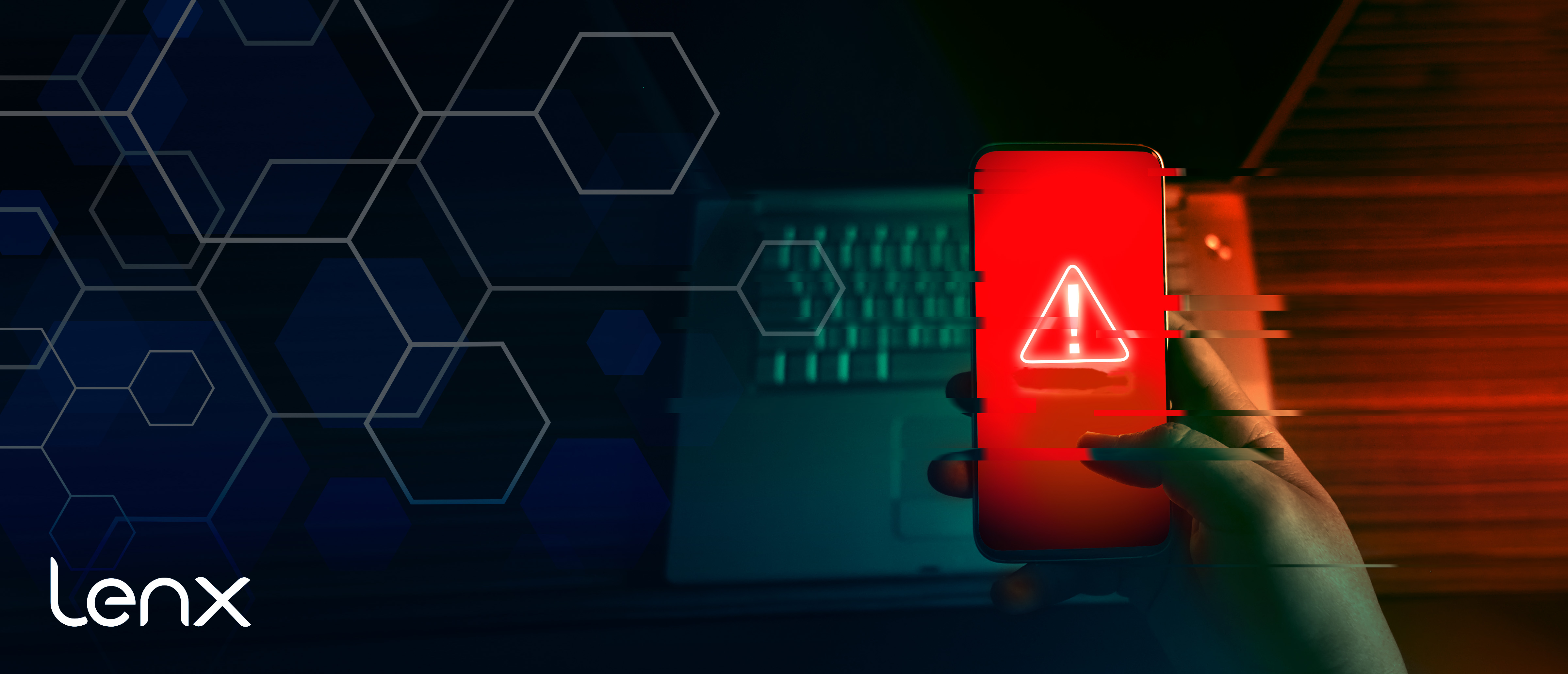
Strengths Of AI Security And Active Shooter Detection Systems
In the digital age, security threats are evolving. Traditional security measures often fall short in the face of sophisticated cyber-attacks.
Enter AI security. This advanced technology uses algorithms and machine learning to predict, detect, and respond to threats. It's a game-changer in the realm of cybersecurity.
But AI security isn't just about cyber threats. It's also making strides in physical security, particularly in active shooter detection systems. These systems analyze visual inputs in real-time, identifying potential threats faster than ever before.
In this article, we'll delve into the strengths of AI security and its applications, including the burgeoning field of AI cyber security jobs and the importance of AI security certification.
The Evolution of AI in Security
AI security has come a long way. It's no longer just a concept in science fiction. Today, it's a reality that's transforming the security landscape.
AI security systems can process vast amounts of data at lightning speed. This leads to quicker threat identification, a crucial factor in effective security management.
Moreover, machine learning models in AI security improve over time. They learn from each interaction, enhancing their accuracy in threat detection.
This continuous learning capability is a key strength of AI security. It allows these systems to adapt to new and evolving threats efficiently.
Real-Time Threat Detection and Response
AI security excels in real-time threat detection. It can analyze vast amounts of data in real-time, identifying potential threats as they emerge.
This real-time analysis is particularly useful in active shooter detection systems. These systems can analyze visual inputs to identify potential threats instantly.
AI security can also help in predictive analysis. It can identify potential vulnerabilities before they are exploited, providing an additional layer of protection.
In essence, AI security offers a proactive approach to threat detection and response, enhancing overall security measures.
AI Security in Active Shooter Scenarios
Active shooter detection systems powered by AI are a game-changer. They can analyze patterns associated with active shooter scenarios.
These systems can integrate with other security measures. For instance, they can trigger lockdown protocols or alert law enforcement agencies in real-time.
AI-driven active shooter detection systems ensure constant vigilance. They work 24/7 without the fatigue that affects human operators.
In conclusion, AI security significantly enhances the effectiveness of active shooter detection systems.
Reducing False Positives with AI
AI security systems are designed to reduce false positives. They can process vast amounts of data and accurately identify threats.
This accuracy saves time and resources for security teams. It allows them to focus on genuine threats rather than false alarms.
In essence, AI security systems enhance efficiency. They streamline threat detection and response processes.
AI Security Certifications and Professional Development
For professionals interested in AI security, certifications are available. These certifications cover a range of topics, from ethical AI use to data privacy laws.
Continuous learning is essential in this rapidly evolving field. Professionals must stay updated with the latest developments and breakthroughs.
Professional development in AI security is not just about technical skills. It also involves understanding the ethical implications of AI in cybersecurity.
The Growing Field of AI Cyber Security Jobs
The demand for AI cyber security jobs is on the rise. Businesses of all sizes are recognizing the value of AI-driven security systems.
These roles require a multidisciplinary approach. Expertise in cybersecurity, data science, and software engineering is often needed.
AI security professionals play a crucial role in designing and managing these advanced systems. They help organizations mitigate risks and comply with data protection regulations.
Ethical Considerations and Privacy in AI Security
AI security systems must be designed with ethical considerations in mind. This includes respecting privacy and avoiding bias in threat detection.
Understanding the ethical implications of AI in cybersecurity is crucial. It's a key part of the job for AI security professionals.
Data privacy laws and ethical AI use are often covered in AI security certifications. This ensures professionals are equipped to handle these important issues.
Conclusion: The Proactive Nature of AI Security
AI security represents a proactive approach to safety and security. It's not just about prevention, but also recovery and learning from security incidents.
In various environments, including schools, public venues, and workplaces, AI security and active shooter detection systems are becoming increasingly vital. They offer a new level of protection and peace of mind.

